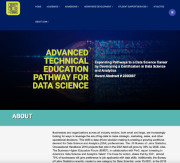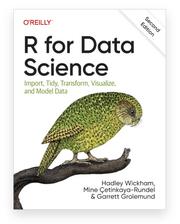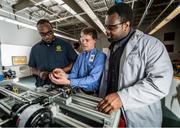Using Social Listening to Enhance Social Media
A key way to grow your digital presence in and beyond the ATE community is through social listening. Rather than solely tracking the performance and reception of your organization's social media posts, social listening also looks to conversations and networks your posts have yet to reach, allowing your outreach team to weigh in on happenings and discussions with untapped audiences.
Here are some quick tips for making social listening work for your project or center:
- Pay attention to who is saying what about your work. The most basic understanding of social listening is keeping an eye on how your organization's work is received. This can mean conducting regular keyword searches on social platforms for your project's or center's name, any hashtags you use to promote that work, or individuals who are the face of your team. Keep track of who is talking about your work and what they say. This can point to either things that are going well, or areas where your outreach efforts need improvement. Your team may also want to draw inspiration from how similar organizations feature in social media conversations, using the same querying method.
- Find relevant conversations on social media. Social listening is also about finding digital discourse your project or center should be part of but is not yet. Participating in social conversations where there is already a lot of interest, engagement, and readership is a great way to draw more followers to your organization's accounts.
- Follow social accounts in the area of your organization's work. Outreach typically focuses on building audiences. However, becoming part of an audience is also extremely helpful. Not only will following relevant accounts help your outreach team find individuals and organizations to network with, this also makes it easier to find relevant digital discourse for your outreach team to engage. Spend some time scrolling through your feed, noting any new hashtags, keywords, or accounts that your project's or center's team should interact with.
- Check your inbox. Get in the habit of regularly checking your organization's social profiles for direct messages (DMs). Like an email, DMs can provide feedback, offer opportunities for collaboration, and help build your project's or center's network.
- Engage with mentions, retweets, and other account activity. Replying to retweets and comments helps build audience engagement. While this is not strictly social listening, interacting with your social following helps build conversation and encourage feedback.
Try following other ATE Projects and Centers listed in the ATE Social Media Directory and get listening!








